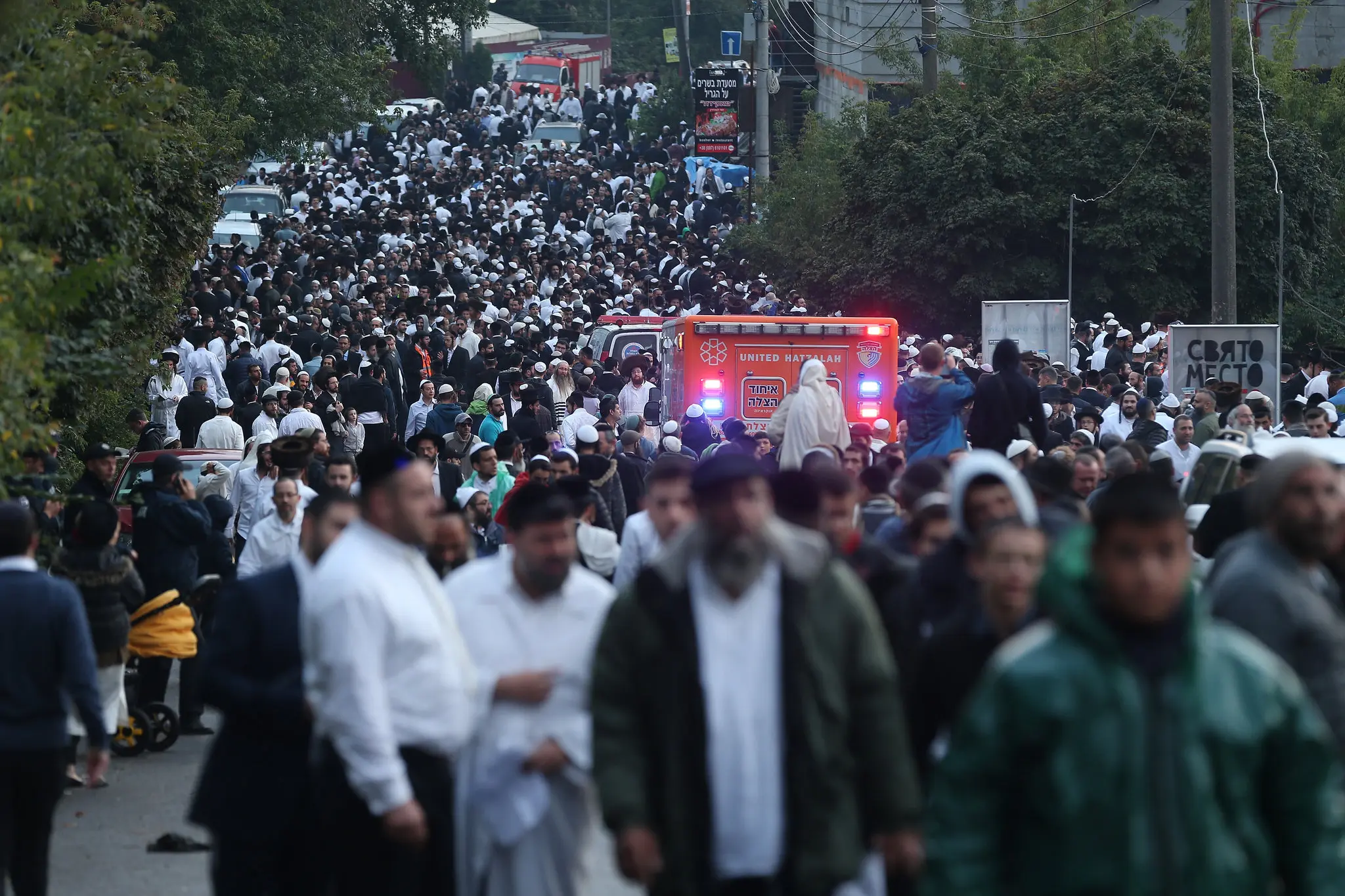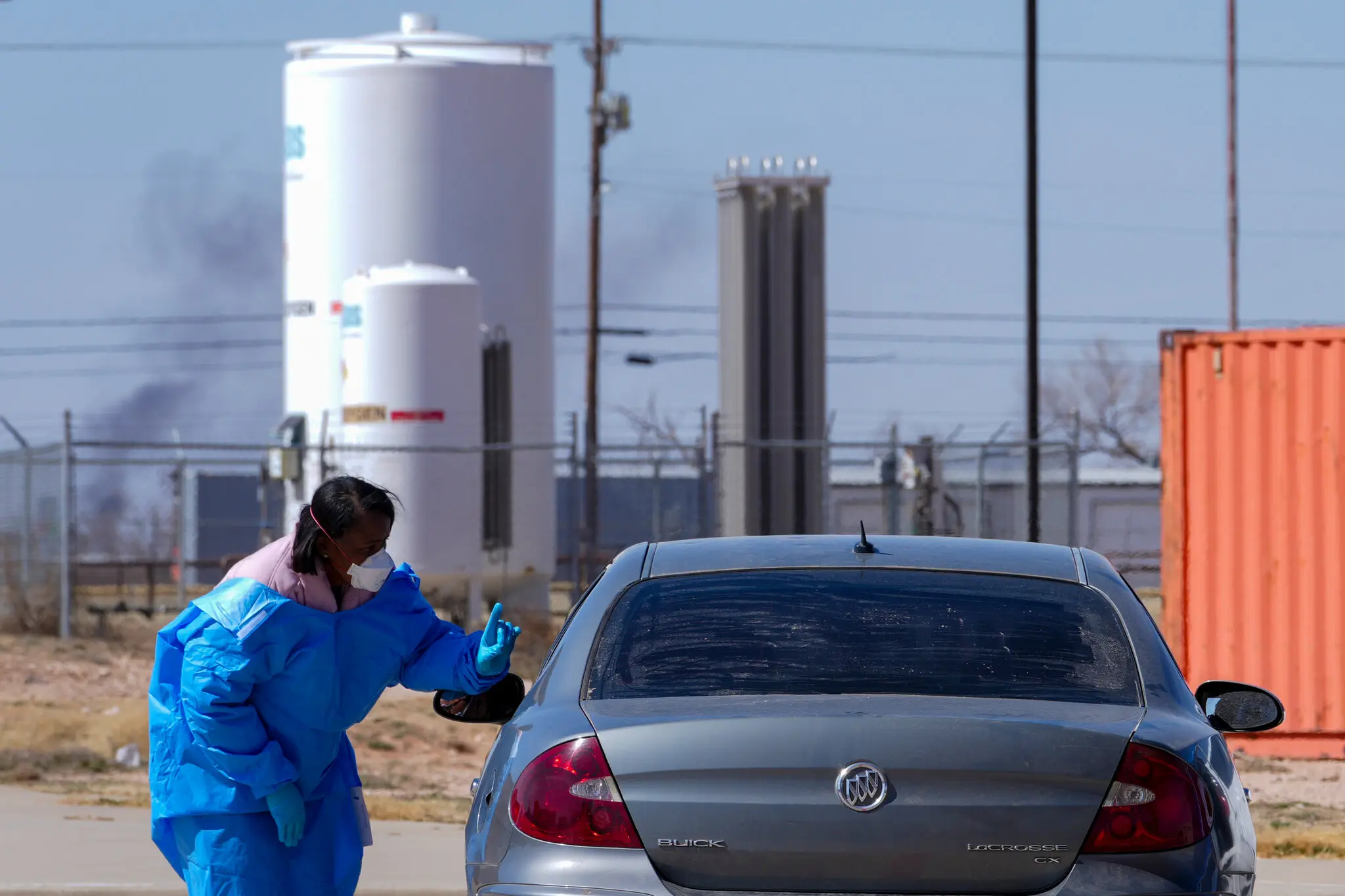Measles Makes a Global Comeback, Defying Elimination Hopes
Once considered nearly eradicated in much of the world, measles is resurging at alarming rates. Experts warn that a mix of vaccine hesitancy, weakened health systems, and pandemic disruptions have allowed the virus to regain ground.
After decades of steady progress, measles—one of the most contagious viruses known to science—is making a dramatic and dangerous comeback. Long seen as a near-eradicated childhood disease in developed nations and on the retreat in much of the world, measles is once again surging in regions from Europe and the United States to sub-Saharan Africa and Southeast Asia. According to the World Health Organization (WHO) and UNICEF, global measles cases increased by over 80% between 2022 and 2024.
Alarmingly, more than 40 million children missed a measles vaccine dose in that same period, due in large part to COVID-19 disruptions, misinformation, and deteriorating public trust in health institutions. ### A Preventable Killer ReturnsMeasles was once considered a major success story in modern public health. The introduction of the measles vaccine in the 1960s, followed by routine childhood immunization programs, led to a dramatic decline in cases and deaths.
By 2016, WHO regions like the Americas had declared measles eliminated—meaning the virus was no longer spreading in the community. Globally, deaths had fallen from over 2. 6 million annually in the 1980s to under 100,000 by the mid-2010s.
But today, that progress is in jeopardy. > “We’re seeing explosive outbreaks in places where measles had essentially disappeared,” said Dr. Karen Tufariello, a virologist at Johns Hopkins University.
“This virus was down—but it was never out. ”### Why Measles Is Surging AgainSeveral interlocking factors have driven the resurgence:#### 1. COVID-19 Disruptions During the height of the pandemic, routine childhood immunizations were delayed or canceled in over 90 countries.
Health clinics closed, outreach was scaled back, and parents were afraid to visit medical facilities. This created a massive immunity gap. #### 2.
Vaccine Hesitancy and Misinformation Social media has amplified anti-vaccine narratives, causing many parents to delay or decline vaccinations. In regions of Europe and North America, public health experts cite growing skepticism fueled by misinformation campaigns and political polarization. > “Misinformation spreads faster than the virus,” said Dr.
Sylvie Vandamme of WHO’s Immunization Department. “And it’s just as deadly. ”#### 3.
Weakened Health Systems In low- and middle-income countries, economic crises, political instability, and fragile health systems have made it difficult to sustain vaccination coverage. Rural and conflict-affected areas are particularly vulnerable. #### 4.
Complacency The success of past measles campaigns ironically contributed to complacency. With cases so low for so long, some policymakers shifted focus and resources away from measles surveillance and education. > “We assumed measles was done,” said Dr.
Omondi Achieng, a pediatrician in Kenya. “But viruses don’t care about our assumptions. ”### A Highly Contagious ThreatMeasles is not only deadly—it’s incredibly contagious.
It spreads through the air and can linger in a room for up to two hours after an infected person leaves. The R₀ (basic reproduction number) of measles is between 12 and 18—far higher than that of COVID-19. To achieve herd immunity, about 95% of the population must be vaccinated.
This makes measles uniquely sensitive to even minor dips in coverage. In unvaccinated populations, the virus spreads like wildfire. Children are most at risk, particularly those under five and those who are malnourished or immunocompromised.
### Measles Isn’t HarmlessDespite its reputation as a 'mild childhood illness,' measles can be devastating. Complications include:- Pneumonia - Encephalitis (brain swelling) - Deafness - Blindness - Severe diarrhea and dehydrationEven in high-resource settings, 1 in 5 people with measles require hospitalization. In low-resource settings, measles is one of the top causes of vaccine-preventable death among children.
Recent outbreaks in Somalia, Nigeria, Yemen, and Afghanistan have left thousands of children dead or permanently disabled. In the U. S.
and parts of Europe, outbreaks have forced school closures and overwhelmed pediatric ICUs. ### Rebuilding Trust and AccessPublic health leaders are now urgently working to reverse the tide. Their strategies include:#### 🔹 Catch-Up Campaigns WHO, UNICEF, and national governments have launched massive immunization campaigns in high-risk countries, targeting millions of children who missed routine vaccinations.
In 2024, India vaccinated over 35 million children in a nationwide catch-up effort, while Kenya reached 8 million in two months using mobile teams. #### 🔹 Community Engagement Local leaders, religious authorities, and school officials are being recruited to spread accurate vaccine information and rebuild trust. In Indonesia and Pakistan, female health workers are leading door-to-door campaigns in conservative regions.
#### 🔹 Combatting Misinformation Social media platforms like Meta and YouTube are being urged to crack down on false claims about vaccines. Public health agencies are countering with digital literacy campaigns, WhatsApp hotlines, and TikTok explainers. #### 🔹 Strengthening Surveillance Many outbreaks have gone undetected due to weakened disease tracking systems.
WHO is helping countries expand lab capacity and digital reporting tools. > “Data is the foundation of outbreak control,” said Dr. Lee Ching of the CDC’s global immunization team.
“You can’t stop what you don’t see. ”### The Price of DelayThe cost of inaction is staggering. Beyond the human toll, measles outbreaks strain already overstretched health systems, divert resources from other programs, and undermine trust in vaccines more broadly.
A single outbreak in Madagascar in 2018–2019 infected over 200,000 people and killed 1,200 children. The economic cost was estimated at over $60 million. Similar patterns are now emerging elsewhere.
### A Wake-Up Call for the WorldExperts say the resurgence of measles should serve as a wake-up call—not just about one virus, but about the fragility of global health progress. > “If we can lose control of measles, we can lose control of anything,” said Dr. Vandamme.
“This is not just about a disease—it’s about the erosion of public trust, the weakening of institutions, and the vulnerability of children everywhere. ”Measles is entirely preventable. The tools exist.
The vaccine is safe, cheap, and effective. But unless the world acts swiftly, the virus will continue to exploit every gap we allow. ### Conclusion: Time to Finish the JobScientists thought they had measles cornered.
And for a time, they did. But viruses don’t rest. And they certainly don’t forget.
Now, with the world’s attention returning to forgotten pathogens, measles demands a renewed commitment—not just from scientists and doctors, but from society at large. In the words of Dr. Achieng: “We didn’t come this far to lose now.
Let’s finish what we started. ”.
27th july 2025



